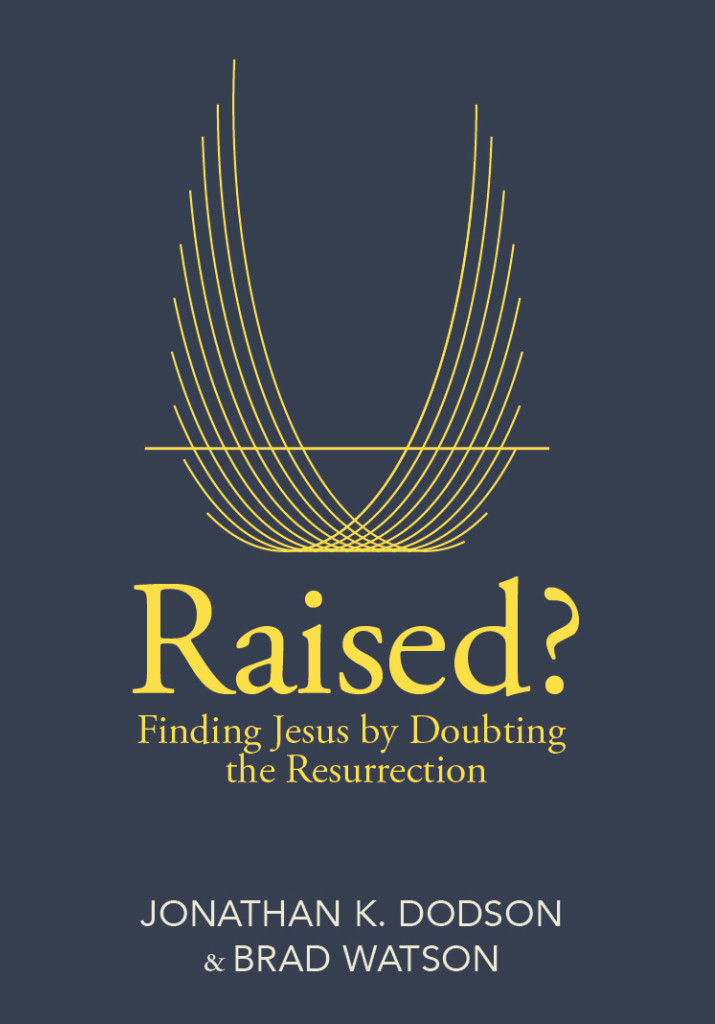Sometimes doubt is generated not by a deliberate philosophical and systemic moral choice but by ten thousand atomistic choices. A man may begin his adult life with full, Christian convictions, worked out in faithful godliness, disciplined prayer and Bible reading, and thoughtful witness. Somewhere along the line, the Bible reading dries up; prayer becomes spotty; the pressures or rising obligations at work reduce church attendance to a bare minimum. A charming colleague or assistant at work seems far better able to empathize with his challenges than does his wife. Several years on, he wakes up one morning after spending the night with someone with whom he should not have been sleeping. He heads off to the washroom, looks at himself in the mirror, and mutters, “I don’t believe all that religious rubbish anyway!â€
But what has brought him to this point? It has not been a deeply thought-out philosophical problem, still less new scientific evidence. It has not even been a principled decision. Rather, it has been ten thousand little decisions, all of them wrong. The result is the same: this man now doubts the fundamentals of the faith.
D. A. Carson, Scandalous

